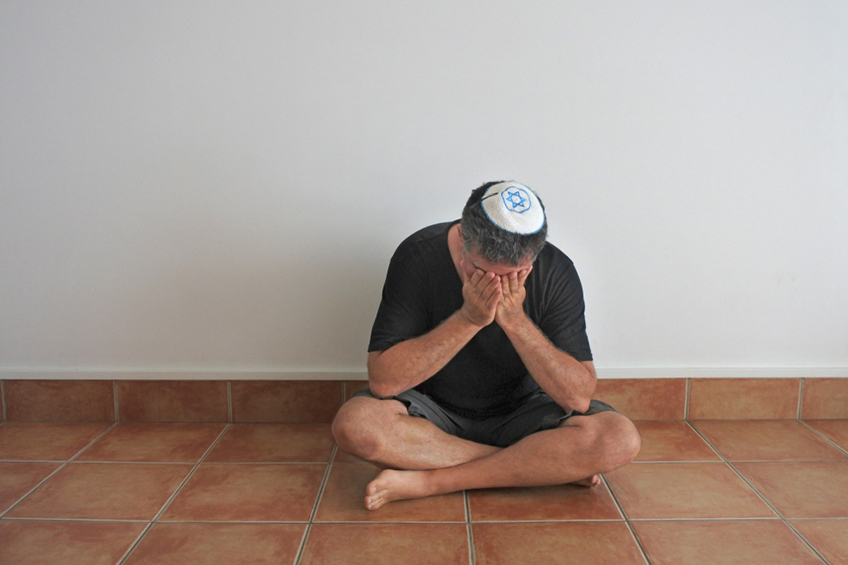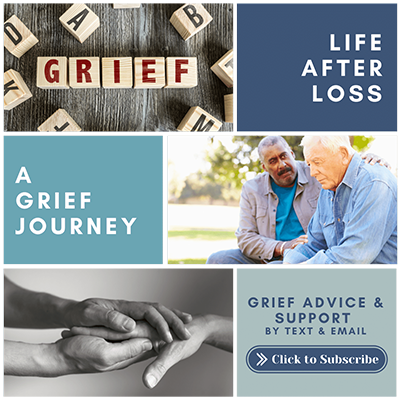Death is a time of mourning, and the deceased should be treated with the utmost respect. When a loved one passes, the family should contact their rabbi or synagogue to notify them of the passing and start the process of preparing for a funeral and burial.

Death is a time of mourning, and the deceased should be treated with the utmost respect. When a loved one passes, the family should contact their rabbi or synagogue to notify them of the passing and start the process of preparing for a funeral and burial. If out of town, or the family does not have a synagogue, the local funeral home can make recommendations.
Once death has occurred, the body should not be left unattended according to Jewish custom. From the moment of death through the moment of burial, the body must be watched over by a shomer. Shomrin may be family members, friends, members of the congregation, or members of the Chevra Kaddisha. They often recite psalms over the body as they guard it.
It is customary for the funeral to take place within 24 hours of death if possible. Additional time may be allowed if family must travel or plans cannot be made before Shabbat. The process tends to move rather quickly since the deceased is buried in a simple pine box as cremation and embalming are forbidden by Jewish law. In addition, autopsies are rarely performed as this is seen as desecration of the body. This reduces the amount of decision making that must take place.
Prior to burial, the body is washed by the Chevra Kaddisha and dressed in white burial shrouds. If there was blood on the clothing at the time of death, the ritual washing is not completed because blood is considered holy. Once preparations have been made, the funeral and burial proceed and then the family sits shiva for the next seven days as they mourn.
It is imperative to abide by Jewish funeral customs and treat the deceased with honor and respect.
.jpg)
